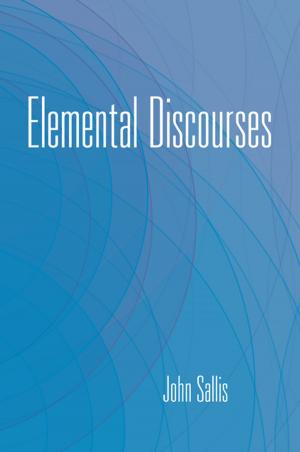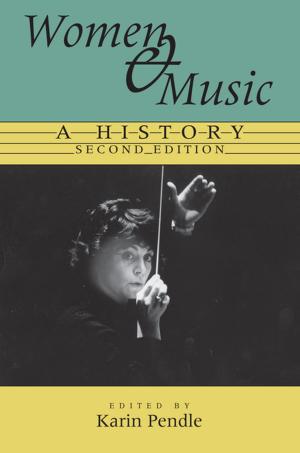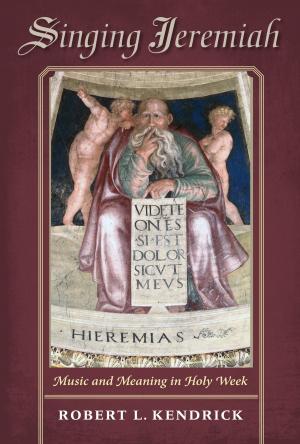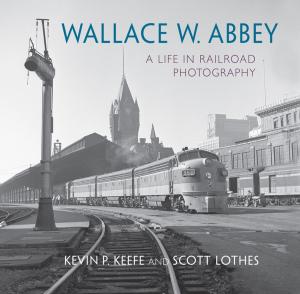Unsettling Scores
German Film, Music, and Ideology
Nonfiction, Entertainment, Music, Music Styles, Classical & Opera, Classical, Film| Author: | Roger Hillman | ISBN: | 9780253028365 |
| Publisher: | Indiana University Press | Publication: | April 20, 2005 |
| Imprint: | Indiana University Press | Language: | English |
| Author: | Roger Hillman |
| ISBN: | 9780253028365 |
| Publisher: | Indiana University Press |
| Publication: | April 20, 2005 |
| Imprint: | Indiana University Press |
| Language: | English |
"Hillman’s groundbreaking study enables both serious and casual film students to approach these works with sharpened vision and improved hearing." —Klaus Phillips, Hollins University
Unsettling Scores: German Film, Music, and Ideology examines the use of classical music in film, particularly in the New German Cinema of the 1970s and early 80s. By integrating the music of Beethoven, Mahler, and others into their films, directors such as Fassbinder, Kluge, and Syberberg consciously called attention to its cultural significance. Through this music their films could reference and, in some cases, explore an embedded cultural tradition that included German nationalism and the rise of Nazism, especially during a period when German films were gaining international attention for the first time since the 1920s. Classical music conditioned the responses of German audiences and was, in turn, reinterpreted in new cinematic contexts. In this pioneering volume, Hillman enriches our understanding of the powerful effects of music in cinema and the aesthetic and dramatic concerns of postwar German filmmakers.
"Hillman’s groundbreaking study enables both serious and casual film students to approach these works with sharpened vision and improved hearing." —Klaus Phillips, Hollins University
Unsettling Scores: German Film, Music, and Ideology examines the use of classical music in film, particularly in the New German Cinema of the 1970s and early 80s. By integrating the music of Beethoven, Mahler, and others into their films, directors such as Fassbinder, Kluge, and Syberberg consciously called attention to its cultural significance. Through this music their films could reference and, in some cases, explore an embedded cultural tradition that included German nationalism and the rise of Nazism, especially during a period when German films were gaining international attention for the first time since the 1920s. Classical music conditioned the responses of German audiences and was, in turn, reinterpreted in new cinematic contexts. In this pioneering volume, Hillman enriches our understanding of the powerful effects of music in cinema and the aesthetic and dramatic concerns of postwar German filmmakers.















